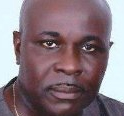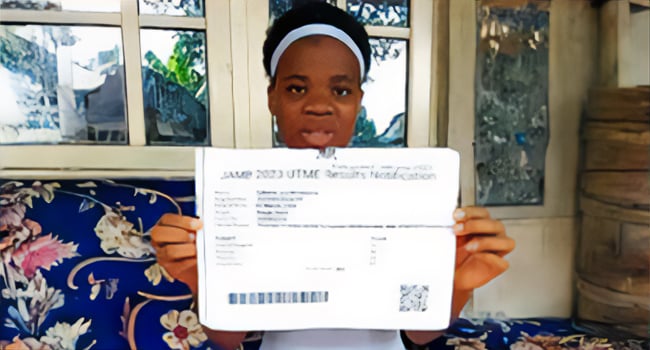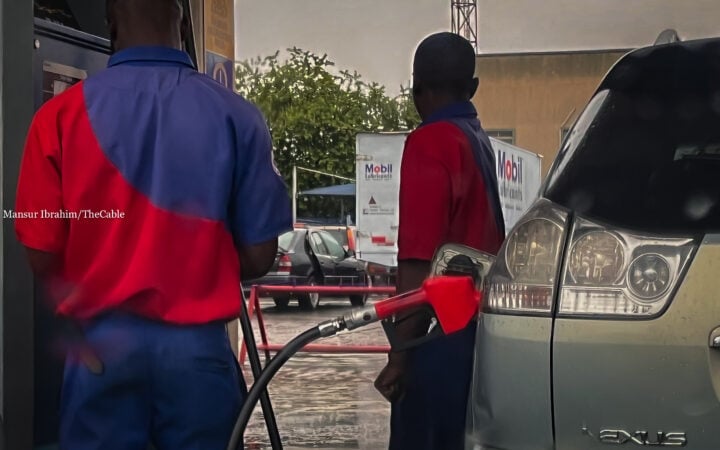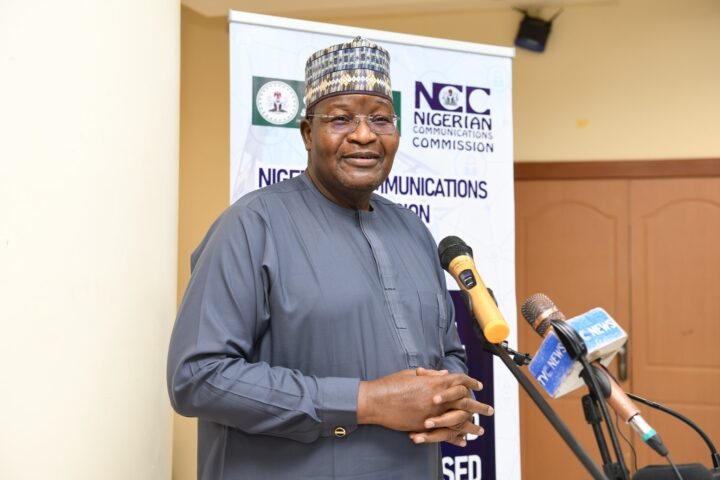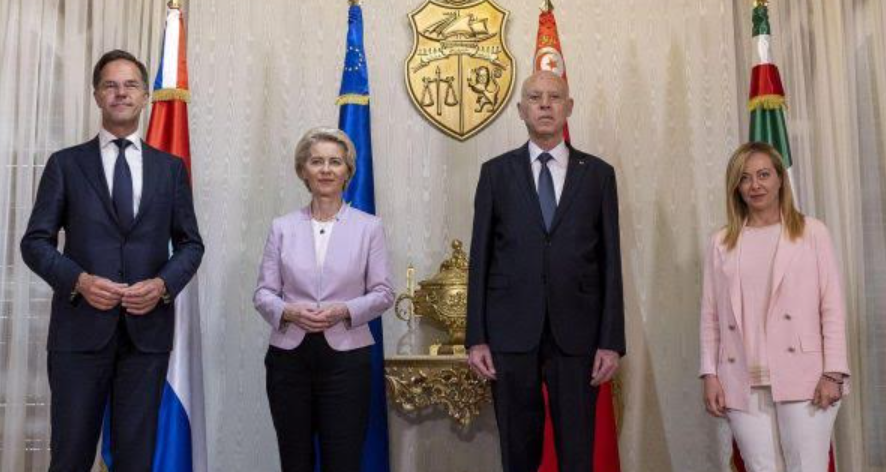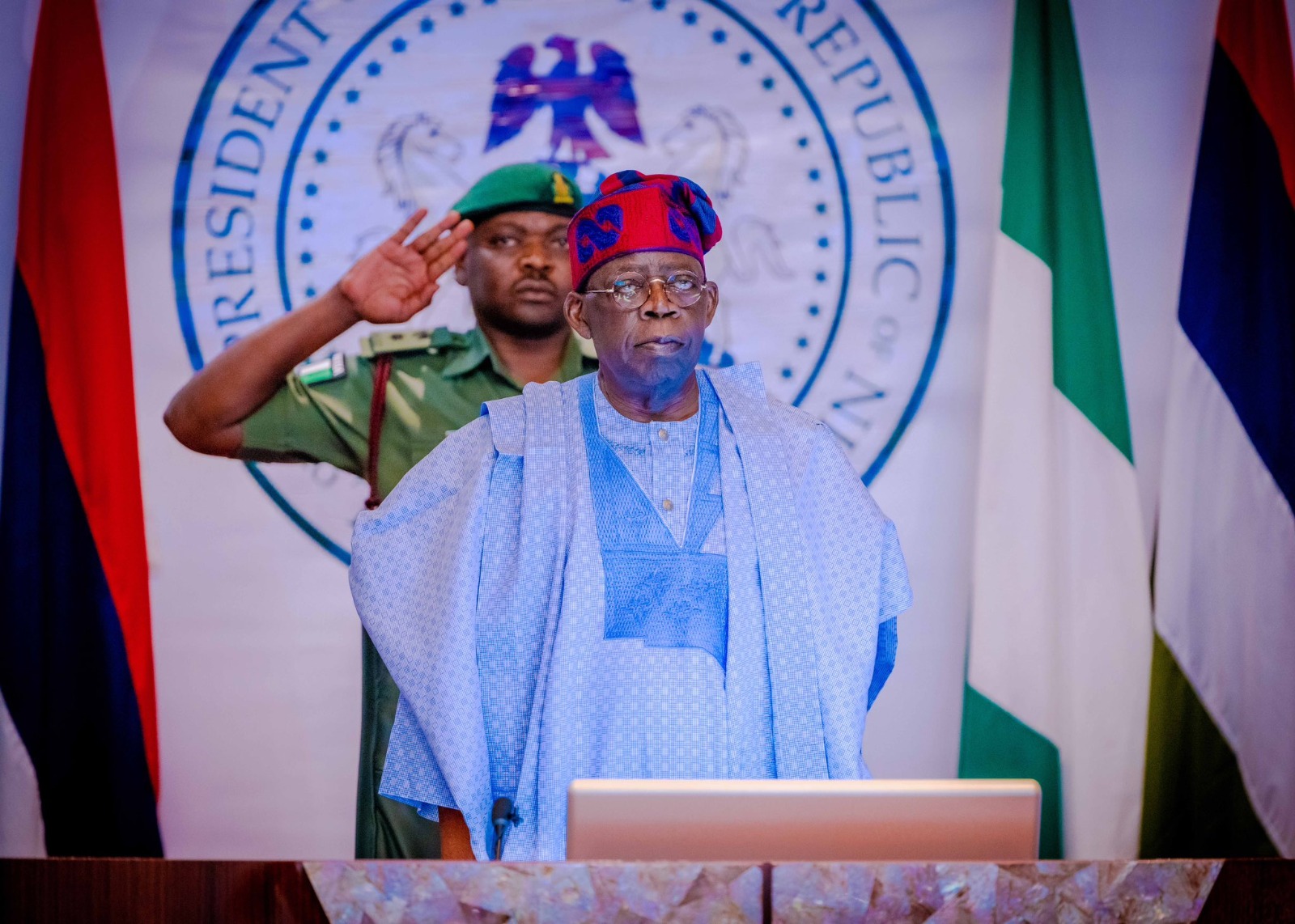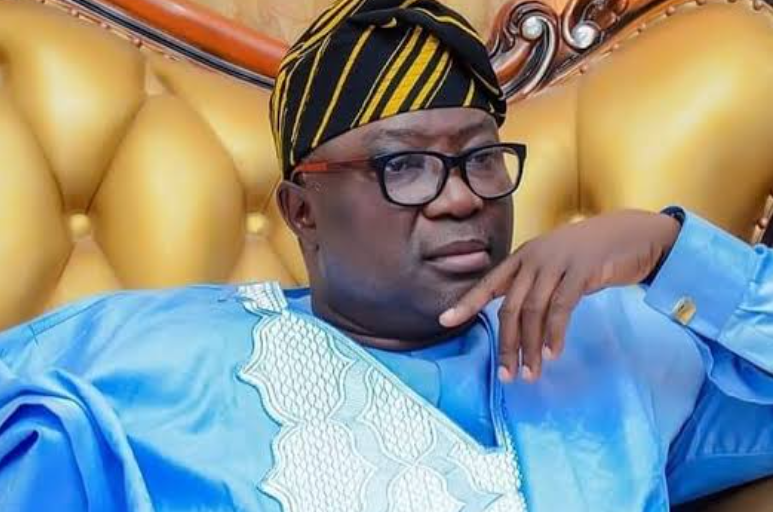In the past couple of days, Mmesoma Ejikeme, a student of Anglican Girls Secondary School (AGSS), Nnewi, Anambra State, who took the Unified Tertiary Matriculation Examination (UTME) in May 2023, and was briefly celebrated as the highest scorer in the country, has been trending. The first child in a family of four, whose father works as an Okada rider, claimed she scored 362 and was subsequently awarded a N3m scholarship by Innoson Motors before she was accused of manipulating her result, using an APP. Several people took sides with the innocent-looking school girl who said she was incapable of such an act of forgery as she was being accused.
The Joint Admissions and Matriculation Board (JAMB) came out to defend its integrity, perhaps too harshly, given the age of the girl, while the girl stuck to her claims. As evidence continued to mount against her claims, an investigative committee found her guilty of manipulating her results – as alleged by JAMB.
There are several lessons to be learnt from the Mmesoma saga:
The first is a deep distrust of our institutions which in many ways mirrors the general distrust in the society. In many climes, an institution of the stature of JAMB coming out to declare Mmesoma’s result as fake, would have settled the matter. But not in Nigeria. When the story first broke out, there were people who claimed that institutions like WAEC and JAMB routinely ‘tamper’ with people’s results or fraudulently swap results between students. Bearers of such conspiracy theories, when challenged to provide evidence, would often retort that ‘this is Nigeria’ and remind us of the well-known shenanigans from institutions like the Independent National Electoral Commission (INEC).
Advertisement
That the Mmesoma story took an ethnic angle is predictable. Most Igbo came out instinctively in defence of the girl. From identity studies we learnt that the identity that is perceived to be under threat is often the one most vociferously defended. Among the Igbo, there is a deeply ingrained suspicion that there is a conspiracy somewhere to ‘inconsequentialize’, emasculate and ridicule the race, including the accomplishments of its people. Most Igbo believe that Buhari barely concealed his disdain of their race during his presidency and that some of his actions and Freudian slips (like calling them ‘dot in circle’ or saying he should not be expected to treat people who gave him 97% votes the same way as those who gave him three per cent) buttress these beliefs. One of the consequences was the mainstreaming of Igbophobia under the Buhari government. Before Buhari’s presidency, this had existed in hush-hush conversations. The 2023 elections and their aftermath weaponized it.
Essentially, due to the belief that they are either unwanted in Nigeria or at best wanted only as second or third class citizens, there is a sort of ingrained persecution complex within the group – sometimes when there is no justifiable ground for that. This leads to strong, often uncouth push backs as they try to counter the narratives that justify Igbophobia – and also throw their own ethnic/religious jabs. This contest over narratives is rarely conducted in civil language. Quite often it requires immense courage to read through the bile and sheer hatreds the warring groups throw at each other. The Mmesoma saga became inexorably drawn into the vortex of this contest over narratives. In this sense, it makes a whole difference that it was an investigative panel set up by Anambra State government that found her guilty of manipulating her result – as charged by JAMB. If that panel had been set up by the federal government or any other institution, it would still be difficult to convince some people that the outcome was not part of the conspiracy against the race or a cover up of sorts. Though I applaud Buhari for his efforts in providing infrastructure in the country during his presidency, (including the construction of the Second Niger Bridge) and using personal diplomacy to secure top positions in some leading global institutions for Nigerians, the scars he left on the country by his mismanagement of both the herdsmen crisis and our diversity are very deep and may take a very long time to heal. For instance, Buhari’s cuddling of the herdsmen created non-state actors like Nnamdi Kanu, Sunday Igboho, Simon Ekpa and others who gained legitimacy from the local population by promising to protect them from the attacks by herdsmen. As part of demonstrating ‘courage’, Nnamdi Kanu and his organisation’s mode of vilifying the assumed enemies of the Igbo did not win friends for the ethnic group. Rather there appears to be bottled-up feelings by groups who felt hurt by the perceived insults by these non-state actions. Some of these hurt groups seem to be uncorking their bottled up feelings, which in turn fuel the prevailing Igbophobia.
Mmesoma is a metaphor for the endemic fraud that has eaten deep into the fabrics of the Nigerian society. Fraud is everywhere in the country – from exam frauds at every level, (including at PhD levels) to cheating in offices and elsewhere. Leading politicians are routinely accused of either forging their certificates or NYSC discharge certificates or not having the credentials they claim to have. That such an innocent-looking youngster as Mmesoma could commit such a fraud and held onto her lies until the evidence against her became overwhelming and an investigative panel pronounced her guilty as charged – is just unfortunate. I congratulate the Anambra State government for recognizing the environmental context of the controversy and setting up a committee to investigate it. With its verdict, no one can accuse the committee of witch-hunting the young girl or this being another instance of a conspiracy to keep the Igbo down. While there is no doubt that there is rising Igbophobia in the country, one of the lessons from the Mmesoma saga is the need for better discernment before jumping into conclusions on any issue. While an early admission of guilt might probably not have stopped the ethnic finger pointing between those who would want to use her indiscretion to define her ethnic group and those who are so defined aggressively pushing back on that narrative and throwing their own ethnic/religious jabs, many right-thinking members of the society would have overlooked such as the perennial wrangling between ethnic factions of our keyboard warriors.
Advertisement
While I believe that JAMB has done remarkably well under its current registrar Professor Ishaq Oloyede, I equally believe that the body was rather overbearing in its justified desire to defend its integrity in the asymmetrical confrontation between it and Mmesoma. Given Mmesoma’s age and station in life, I believe that a fatherlier approach, which isolates the wrong act from the person who committed it, would have been more helpful. On the part of Mmesoma, she needs not just counselling but also to offer a public apology to both the JAMB and Nigerians.
Jideofor Adibe is Professor of Political Science and International Relations at Nasarawa State University, Keffi and Extraordinary Professor of Government Studies at North Western University, Mafikeng South Africa. He is also the founder of Adonis & Abbey Publishers and can be reached at 0705 807 8841(Text or WhatsApp only).
Views expressed by contributors are strictly personal and not of TheCable.
